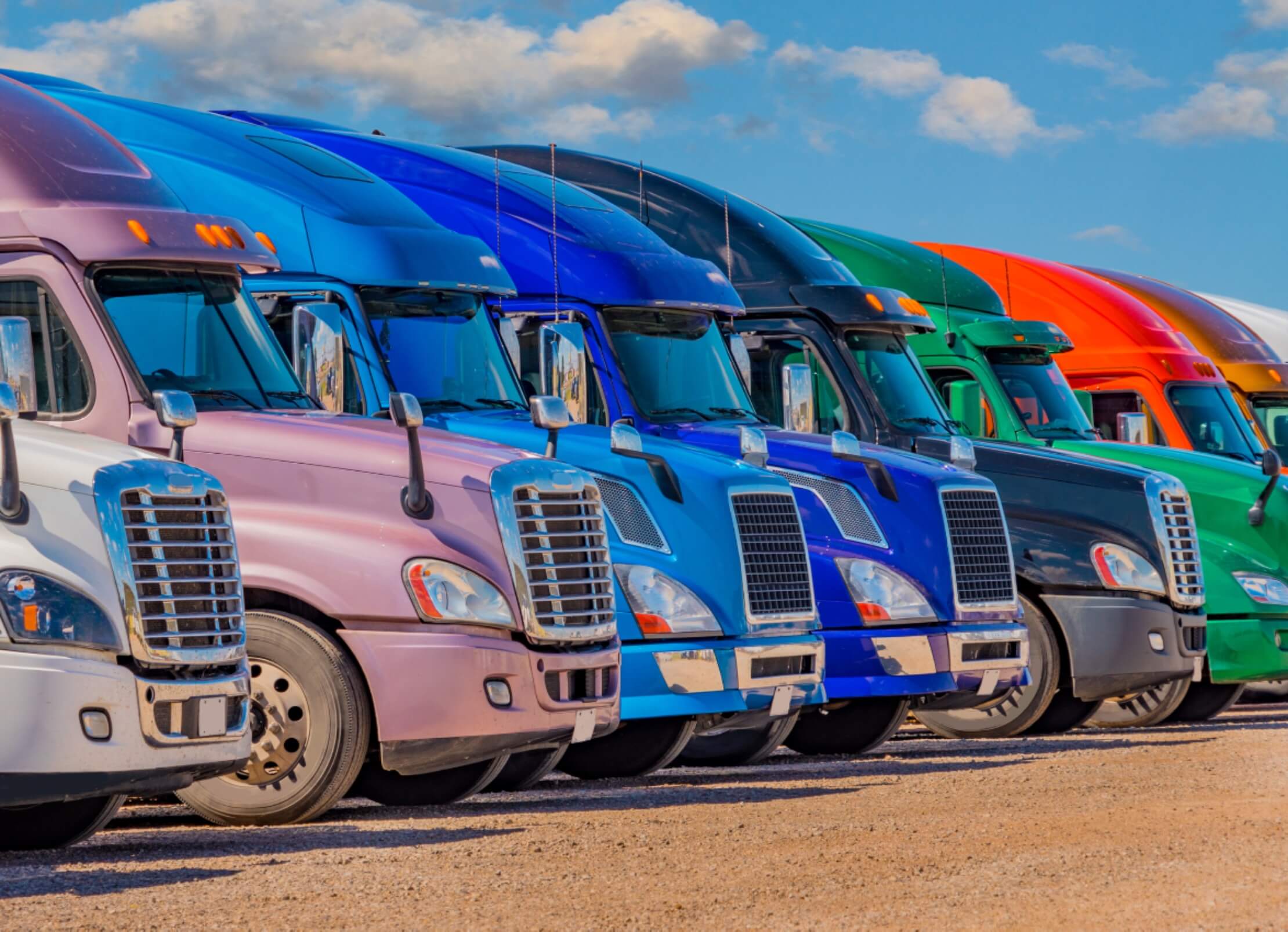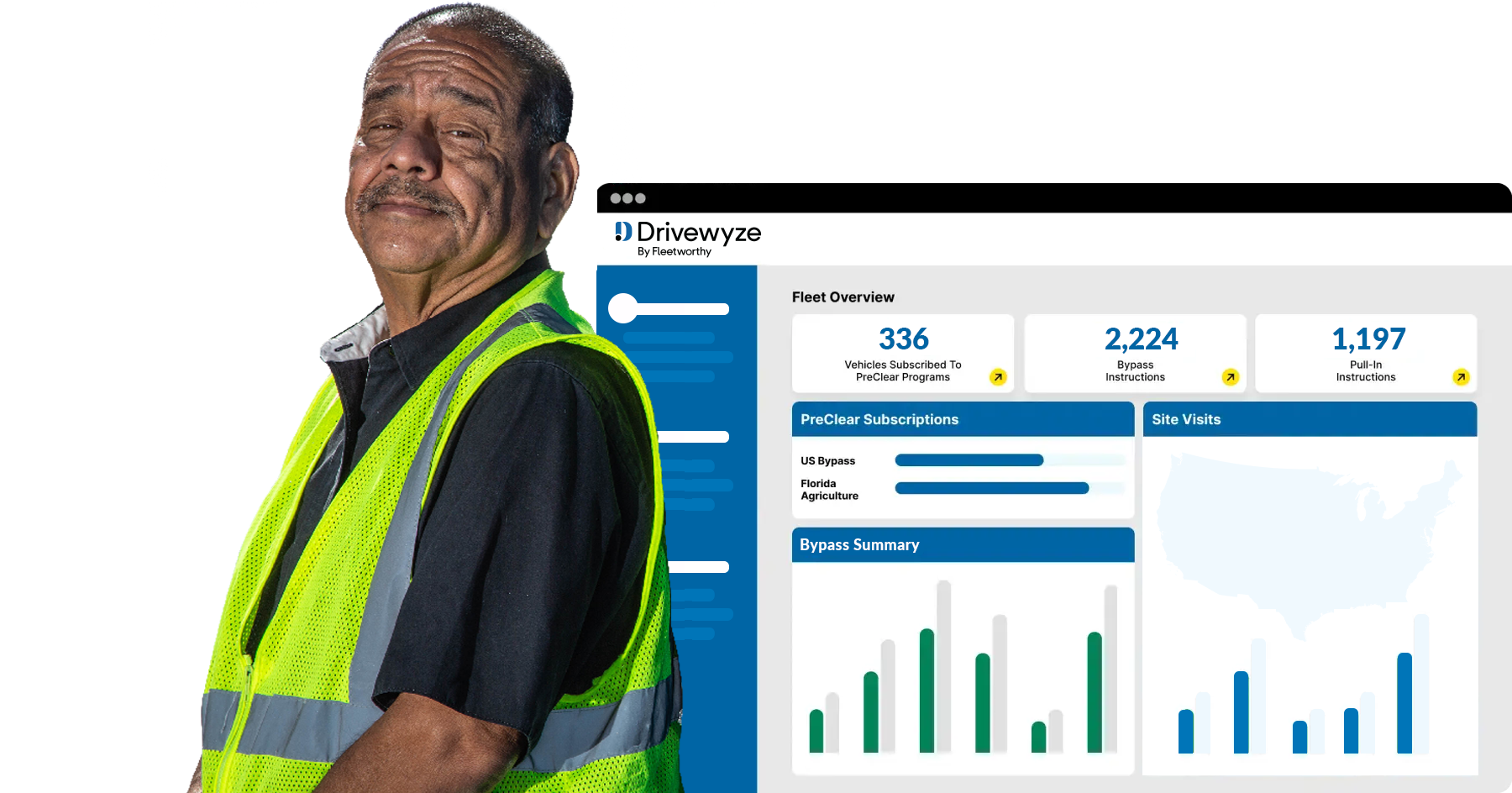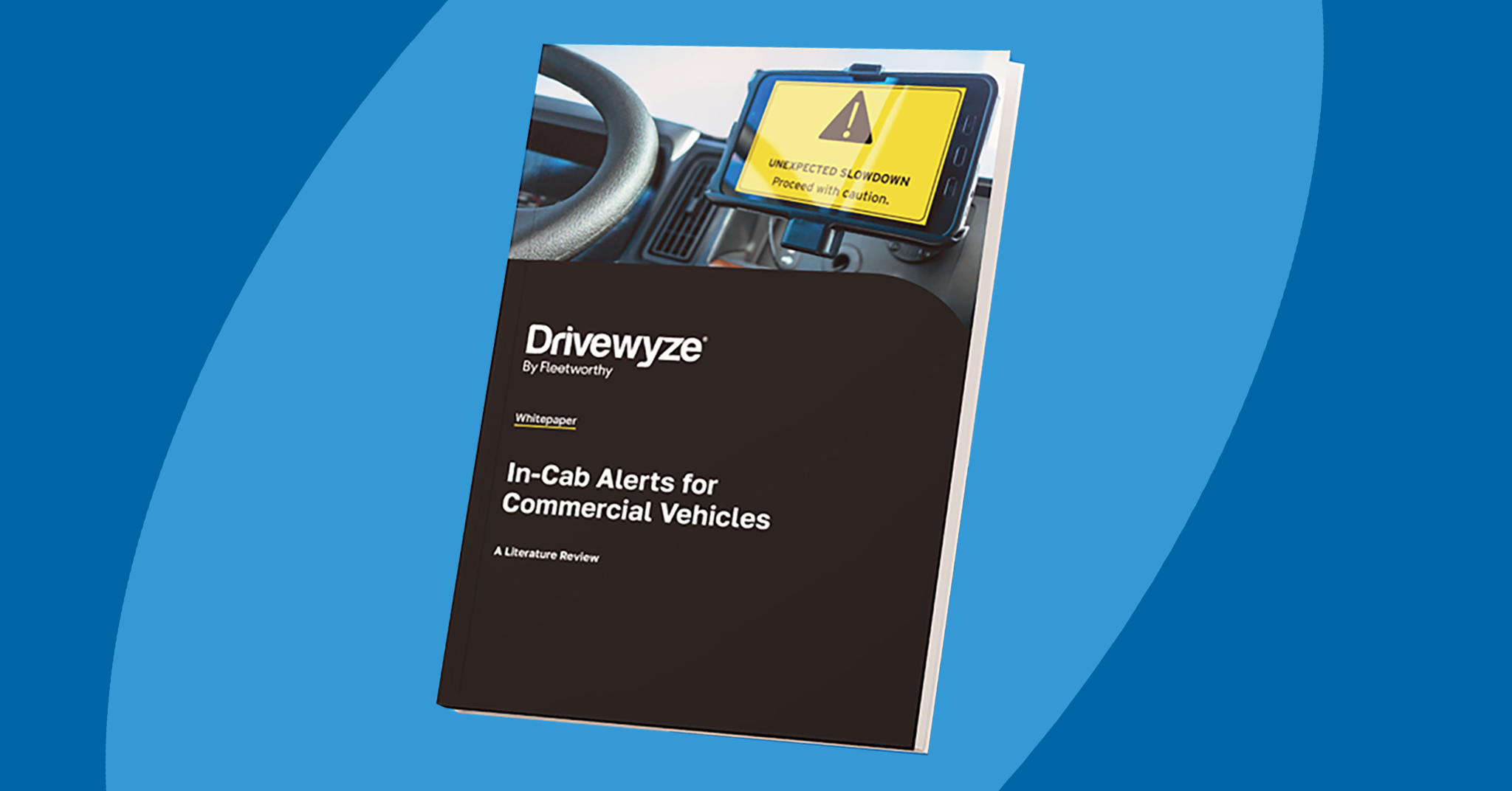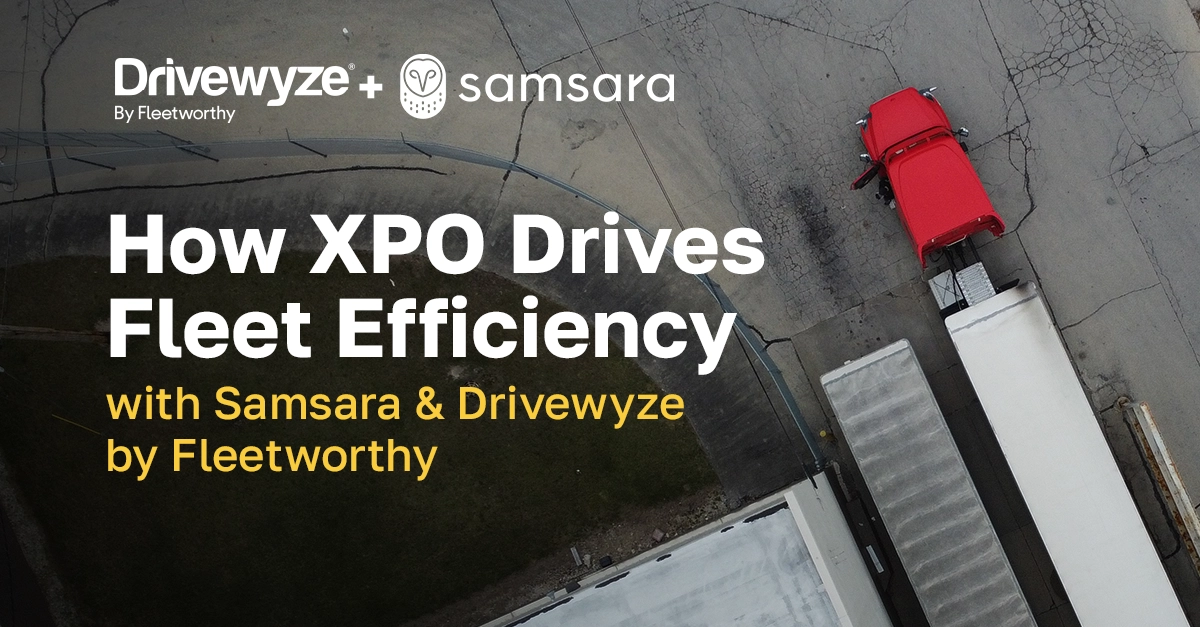Contrary to chain laws in some states, most Canadian provinces have “easy-going” policies when it comes to regulating the use of tire chains. Most provinces encourage the use of chains in tough driving conditions, although they typically aren’t required. There are a few exceptions, so take a look at how chains are regulated throughout the provinces.
Alberta
In Alberta, there are no regulations requiring you to use chains, but you are allowed to use them when you think it’s best. But be aware – if you do put them on and you cause damage to the roadway, law enforcement may cite you for the damage.
British Columbia
Between Oct. 1 – April 30, truckers must carry four chains with them to be compliant with British Columbia chain laws. Signs or flashing amber lights will alert drivers when chains are required. And when they are, drivers must install chains on their main drive axle tires. There is no chain requirement for trailer tires.
Certain routes in British Columbia require drivers to carry chains from Oct. 1 – March 31. To view those routes, and more information about chain requirements in British Columbia, visit this page.
Manitoba, New Brunswick, Nova Scotia, Saskatchewan
In these four provinces, there are no laws requiring or prohibiting the use of chains. It’s up to drivers to determine whether or not chains are needed to safely drive in snow or icy conditions.
Newfoundland and Labrador
In Newfoundland and Labrador, drivers are not allowed to operate a vehicle on a highway when there is snow or ice on the surface of the highway unless they have installed chains on their drive axle tires. If you’re caught driving on a highway that has snow or ice without chains, you may be fined up to $400 Canadian.
Ontario
The use of chains is not permitted in Ontario.
Prince Edward Island
Truckers are allowed to use chains on Prince Edward Island when conditions call for the use of them, as long as they don’t “injure” the road. The province doesn’t require the use of them.
Quebec
The only vehicles allowed to use chains in Quebec are emergency vehicles, farm tractors, or any road vehicle used for snow removal or winter maintenance from Oct. 15 to May 1. Even in difficult driving conditions, heavy duty trucks are not permitted to use chains.
While most Canadian provinces don’t require the use of chains, most allow them to be used when driving conditions are poor. Even though British Columbia is the only major province that require truckers to use chains on when they’re required by law enforcement, it’s still a good idea to have them with you. If you’re driving through snow or ice, it’s nice to have the option to put chains on if driving conditions are bleak, especially if you’re climbing hills or mountain passes.

Ready to Get Started?
Learn how North America’s leading carriers use Drivewyze to save money and improve safety.





